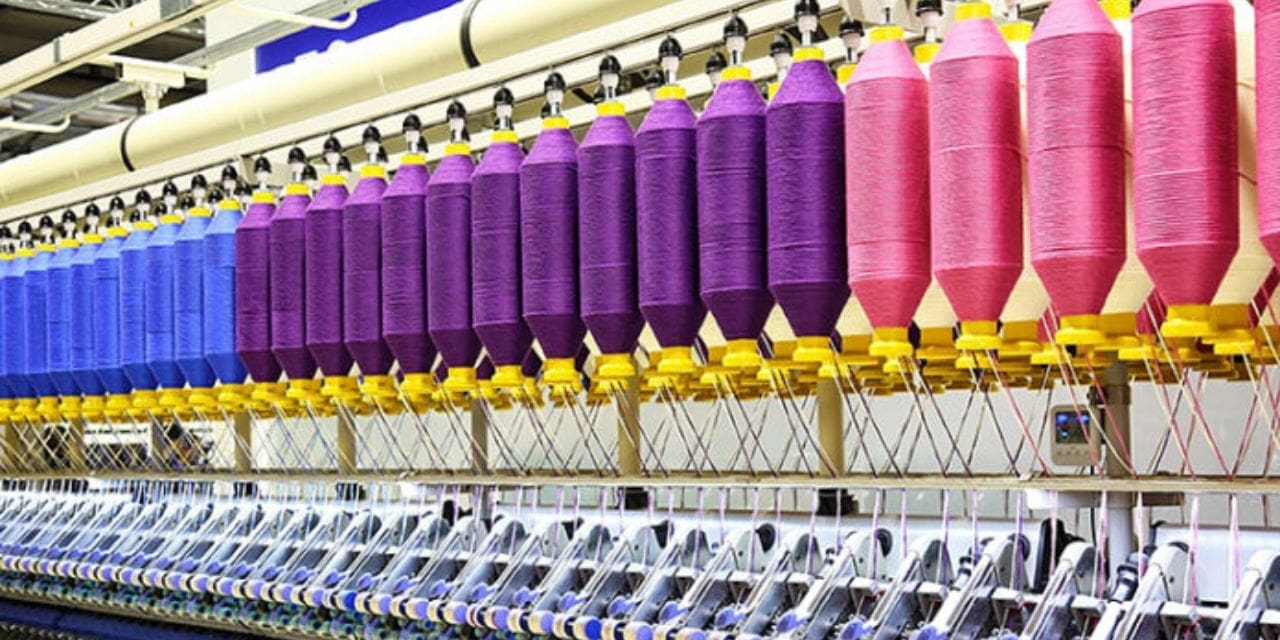In a prelude to the unveiling of the Federal Budget for FY25, the Pakistani textile industry, a pivotal sector contributing over 50% to the nation’s total exports, is sounding alarms over the government’s rumoured plans to levy customs duties on cotton imports.
Highlighting the detrimental impact of such a move, industry representatives fear dire consequences for the sector, particularly for small and medium enterprises (SMEs) integral to the supply chain. The All Pakistan Textile Mills Association (APTMA) has penned a letter to Federal Commerce Minister Jam Kamal Khan, beseeching intervention to avert the looming imposition of duties on cotton imports.
The industry, already grappling with challenges like exorbitant input costs and fierce global competition, warns that adding tariffs on cotton imports could trigger business closures, dampen export prospects, and escalate unemployment rates. A surge in cotton yarn imports in recent months underscores the sector’s vulnerability to international market forces, accentuating the urgency of fostering competitiveness within domestic spinning enterprises.
The proposed customs duties threaten to further disrupt the delicate equilibrium of Pakistan’s textile ecosystem, squeezing profit margins for manufacturers and jeopardising the livelihoods of thousands employed in the industry.
Moreover, the anticipated shortfall in domestic cotton production, exacerbated by adverse climatic conditions and decreased cultivation area, casts a shadow on Pakistan’s ability to meet its export targets. A looming scarcity of cotton bales, coupled with the spectre of crop damage from extreme weather events, underscores the pressing need for proactive measures to bolster the country’s cotton yield and enhance farmers’ incomes.
As stakeholders across the textile value chain call for a reevaluation of the proposed duty structure and advocate for comprehensive policy reforms to revitalise the industry, the government faces mounting pressure to steer the sector towards sustainable growth.
Addressing systemic bottlenecks such as high energy costs, usurious borrowing rates, and an inefficient tax framework is essential to fortify the competitiveness of Pakistan’s textile exports and fortify the agricultural backbone of the nation’s economy.

